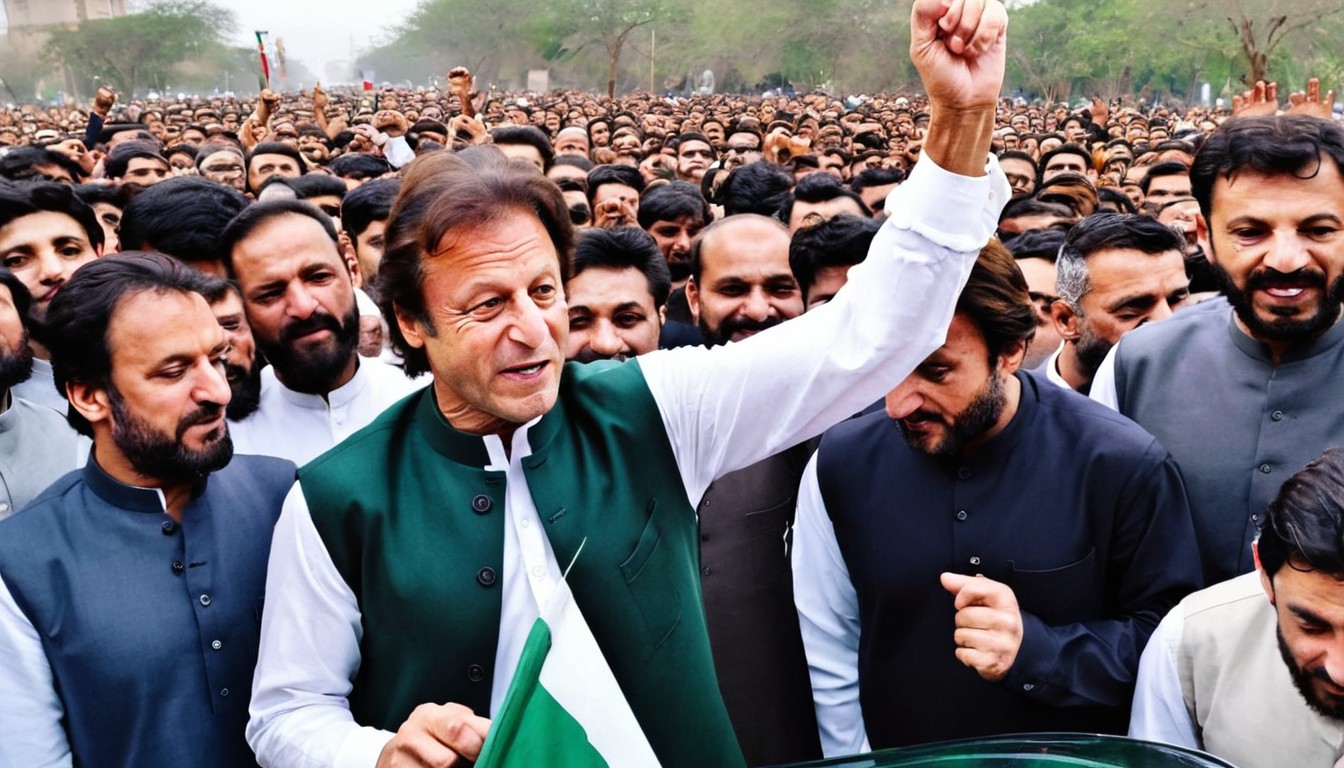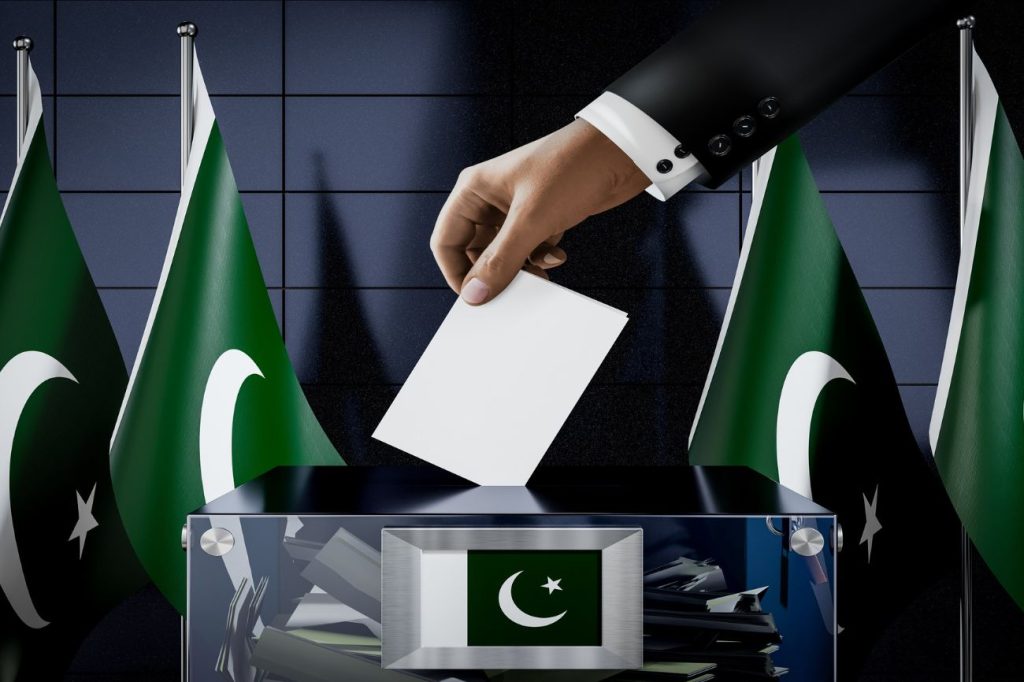Pakistan Election Results Live: Khan & Sharif Claim Win

Pakistan is entering a phase of negotiation and agreement-making following the election results, which indicated no clear majority. As the final results continue to emerge, independent candidates who are loyal to the imprisoned former Prime Minister Imran Khan have surpassed expectations and taken the lead. Both Khan and his main opponent, former Prime Minister Nawaz Sharif, have claimed victory in the election. However, it is important to note that this election was marred by violence caused by armed groups and a widely criticized suspension of mobile phone services, leading to accusations of “political engineering”.

https://www.geo.tv/election
According to PTI spokesman Raoof Hasan, the party anticipates a forthcoming “legal battle” as they navigate the aftermath of the election. Hasan highlighted that Form 45s, which indicate the results, were distributed to both victorious candidates and those losing prior to midnight on the election day. Consequently, the authenticity of these forms has come into question, necessitating a legal process to determine their validity.
Additionally, Hasan expressed concerns about corruption prevalent in Pakistan’s political landscape, and raised fears that other parties may attempt to sway elected candidates. However, he noted that the PTI has attracted a significant number of intellectually-driven young individuals in recent years, making it more challenging to compromise their principles.
 LED Bulbs
LED Bulbs Downlights
Downlights Tube Rod
Tube Rod Batten Light
Batten Light Panel Lights
Panel Lights Flood Light
Flood Light Rope Light
Rope Light Strip Light
Strip Light Solar Street Light
Solar Street Light Integrated
Integrated Track Light
Track Light Highbay Lights
Highbay Lights Canopy Lights
Canopy Lights Garden Light
Garden Light Emergency Lights
Emergency Lights
 Ceiling Fan
Ceiling Fan Pedestal Fan
Pedestal Fan Louver Fan
Louver Fan Bracket Fan
Bracket Fan Exhaust Fan
Exhaust Fan Table Fan
Table Fan Misting Fan
Misting Fan
 Glamor Series
Glamor Series Star Series
Star Series Rose Gold Series
Rose Gold Series Aluminium Series
Aluminium Series

 PPRC Pipes & Fittings
PPRC Pipes & Fittings U-PVC Pipes & Fittings
U-PVC Pipes & Fittings U-PVC Ducts
U-PVC Ducts
 Electric Heaters
Electric Heaters
 Lear Circuit Breaker
Lear Circuit Breaker PVC Tape
PVC Tape

